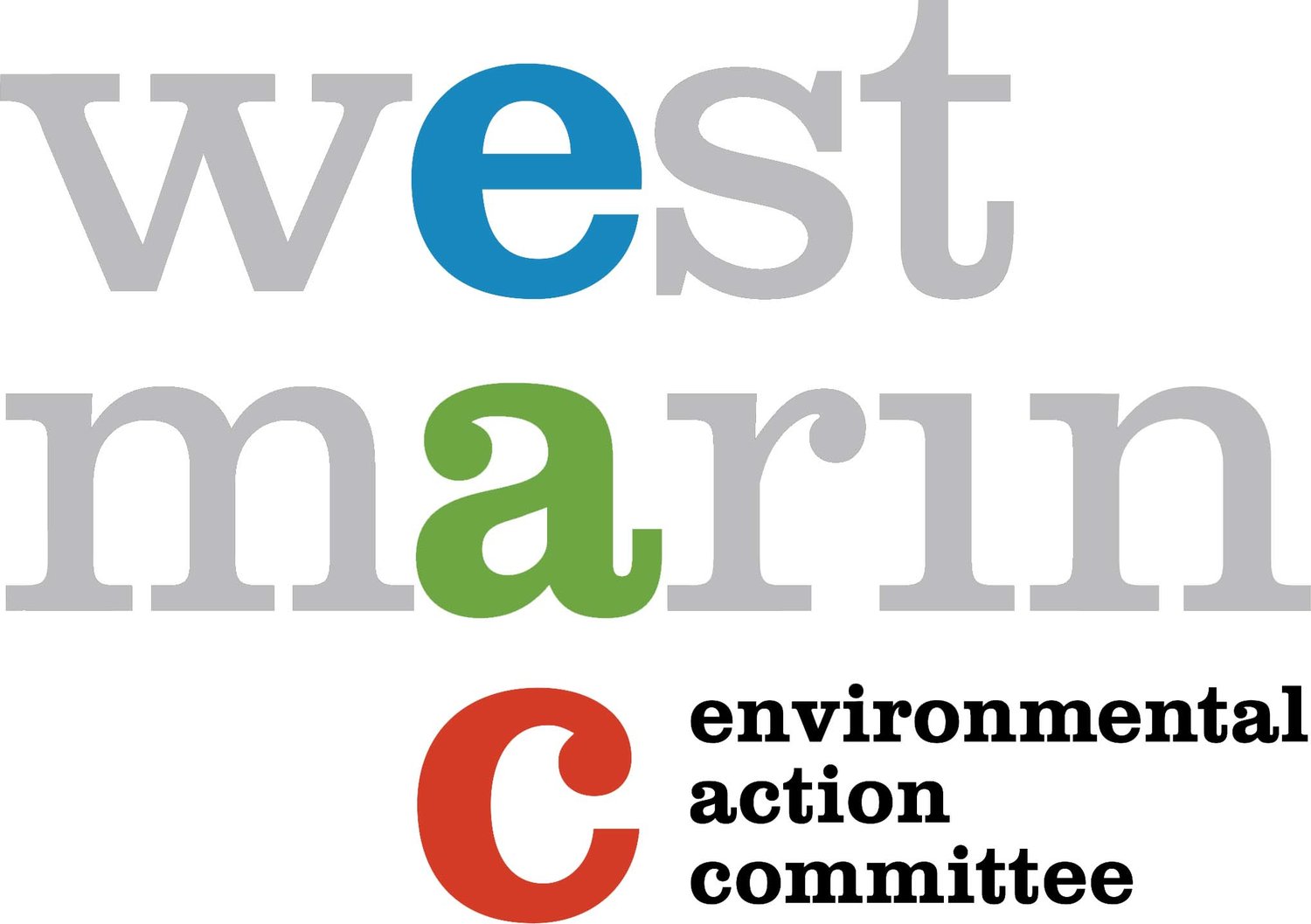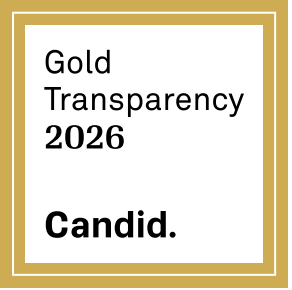Our advocacy to protect Tomales Bay’s unique habitats and species from poorly sited development continues, as we push the California Fish and Game Commission (FGC) to create statewide aquaculture public interest criteria, which will be implemented prior to the issuance of new aquaculture leases.
We need your help to ensure the FGC understands this issue is important to our membership. Please Complete this Google Form by adding your name and feedback, so we can emphasize the importance of this issue at the FGC Marine Resources Meeting on July 20th. We also encourage you to send in your own written comments separately by July 7th at 5 PM. See more info. below re. submitting individual comments.
Why Does this Issue Matter?
The FGC is responsible for issuing new leases for aquaculture operations in California. When a new lease application was submitted by San Andreas Shellfish near the mouth of Tomales Bay in 2017, we were concerned as the proposed leasing area seems to be located in an area with potential conflicts with harbor seals, shoreline recreational clamming, birds, eelgrass, vessel traffic, and public access.
After the FGC accepts a new lease application, they are required by state law to determine whether the lease is in the public interest. Unfortunately, we were surprised to learn there are no existing criteria, guidance, or definition of what the public interest should include. Since 2022, we have been advocating for the development and finalization of criteria. Clear guidance will be a benefit to both the applicant and the environment, by discouraging proposals in areas that have negative impacts on habitat, species, navigation, or public access.
Why The Criteria Should be a Pre-screening Tool.
While it has been 25+ years since the FGC has issued a new lease in Tomales Bay, in the past the FGC has first made the public interest determination, and then the applicant has had to go through CEQA or the California Environmental Quality Act process. Some may argue that if the FGC makes a public interest determination early on, the development will still not take place until after the CEQA analysis has been completed. However, we think that it’s important that the criteria serve as a pre-screening tool, avoiding the costly CEQA process upfront while protecting coastal resources.
While a full analysis may not be possible early on, the criteria should serve as a preliminary screening tool. One downside of reviewing the criteria post-CEQA would be that CEQA is more focused on mitigating the impacts of the development, rather than preventing the development in an inappropriate area in the first place. Of course, an applicant can always re-apply.
The Criteria will Help with Increased Transparency.
We also hope that this process increases public transparency related to the public process. Currently, much of the application review, processing, and back and forth takes place behind closed doors. This is not ideal for anyone.
The development of criteria is critical to aid in public transparency and clear decision-making by the FGC around new lease siting, considering the public’s strong interest in state waters for recreational, fishing, and other interests.
March FGC MRC
We participated in the March 14th FGC MRC meeting, where the criteria were last discussed. In advance of the meeting, we coordinated with CDFW staff, partners, and corresponded with Commissioners to advocate for strong criteria that are protective of coastal resources like eelgrass.
EAC’s Legal and Policy Director, Ashley Eagle-Gibbs, spoke at the March meeting emphasizing key suggested edits related to language to prevent wildlife entanglements and protect eelgrass habitat and overall comments -
“We emphasize the need for robust criteria that can serve as a pre-screening tool (pre-California Environmental Quality Act) to ensure that new projects are appropriately sited, aiding in efficiency and cost savings for both the Department and the applicant…. Due to the need for clear public interest guidance, we again respectfully request that no new leases are found to be in the public interest until these criteria are finalized.”
We also encouraged the finalization of the criteria, which has been delayed. The MRC meeting went well with the criteria moving forward to be discussed again at the July 20th MRC meeting, which EAC will be participating in.
Next Steps
The CDFW is in the process of releasing a third draft of the criteria for consideration by the FGC Marine Resources Committee (MRC) on July 20th. We submitted brief comments in advance of the April FGC meeting, emphasizing the need for adequate time to review the next (third) criteria draft before the July MRC.
We will be coordinating with our aquaculture coalition in advance of the July MRC meeting to review the revised criteria draft and provide feedback, ensuring that the criteria are the most protective of our invaluable coastal resources. Some of our key points will include:
Finalize the criteria without delay.
These criteria should serve as a transparent, pre-screening tool to ensure that any new projects are appropriately sited to protect environmentally sensitive resources.
Include the avoidance of eelgrass as a constraint or requirement.
The criteria should coordinate with other pending state policy by referencing the forthcoming Ocean Protection Council Aquaculture Action Plan.
Lease activities should not take place at any location where it has been determined, [based on best available science], it would be detrimental to adjacent native wildlife.
How You Can Get Involved
If these issues are important to you, fill out this Google form to help us share your comments in July! You can also attend the July 20th MRC meeting or submit direct written comments by July 7th at 5 pm or July 17th at noon to make the supplemental deadline. See more info. below re. submitting individual comments.
EAC continues to engage on this statewide work which ties into our Healthy Tomales Bay campaign including leading a statewide NGO coalition and tracking aquaculture legislation, such as SB 500. We also continue work on the forthcoming OPC aquaculture action plan, which is required under their strategic plan. Stay tuned for more updates!
Learn More:
EAC & Joint Comments: March MRC, March MRC attachment, April meeting
FGC Public interest aquaculture criteria drafts 1 & 2 (draft 3 is pending).
2023 FGC July 20 agenda (see. p. 4 for info. on how to submit comments), meeting documents. Check back for meeting document posting or email Ashley Eagle-Gibbs for more info.
Individual comments can be sent to fgc@fgc.ca.gov



